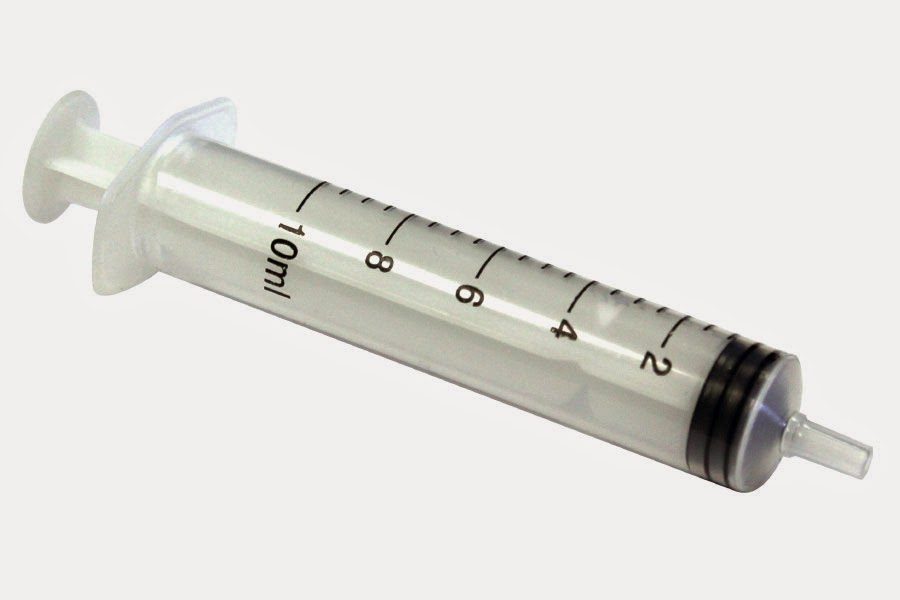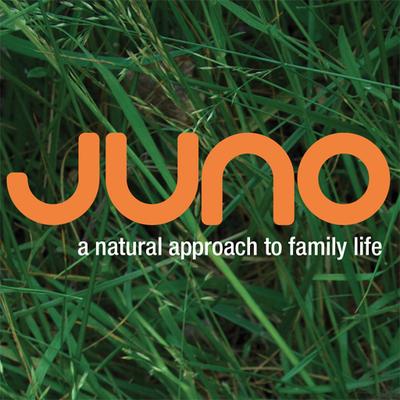My regular readers will know that I am no longer looking into fertility treatment, but this post has been in draft for a while, and seeing as I recently discovered that lots of people are stumbling across this blog when searching about fertility treatments in the UK, I thought I'd publish what I'd found. There are few sites that could be helpful to others working through these questions, hence the reason for this post.
What I did find, was that if you have the money, fertility centres can help you with almost anything. I also found that it can be overwhelming searching though all the different options available to you, that it's hard to know what you actually need versus what the clinics may recommend (they are a business remember), and that it appears to be much cheaper to go abroad.
It also seems from my experience when people hear about me being a single mum by choice, that most people only know of IVF, whereas there are many other ways to get pregnant that cost a lot less. So here's a far from comprehensive guide to get you started.
Plot your cycle
You need to know when you ovulate. Record your basal body temperature (BBT). Sites like Fertility Friend have great tools to help you understand, track and interpret the info this gives you.
Artificial Insemination at Home
Nothing fancy required - just a syringe (without a needle!) and a cup. Useful if you can't, or don't actually want to have sex (more common than you'd think) and also can help to ensure the sperm are deposited close to the entrance of the cervix so may increase the chance of the little swimmers getting to right spot. More info on how to do it here.
Donor Insemination
Pretty much as above but at a clinic though, where screened, cleaned, frozen donor sperm will be on offer. The sperm may not be as motile as when fresh but it is of course a much safer way to go about it if you are using a donor.
Intra Uterine Insemination
As above, but the sperm will be passed through the cervix into the uterus so it's already past the first step
Medicated cycles
All of the above (along with the old fashioned method of actually having sex) can be done whilst taking medication to stimulate your cycle. You will need to go to a clinic for this. You can do some research on google and buy your own meds from China, but really??? Your body is the most precious thing you have and you could easily mess this up making matters even worse - get some tests and let a professional prescribe what's right for you!
In-vitro Fertilisation
 This is the one we hear about the most. Essentially its when fertilisation takes place in a laboratory. Used if the female has blocked tubes for example (the eggs can be collected directly from the ovaries) or if the male has a low sperm count or low motility. Sperm can be injected directly into the egg by a process called intracytoplasmic sperm injection and can be carefully screened prior to that process if quality is poor (imsi). You then have the fertilised egg transferred into the uterus by embryo or blastocyst transfer. I think it goes without saying that you need to go to a clinic for this treatment!
This is the one we hear about the most. Essentially its when fertilisation takes place in a laboratory. Used if the female has blocked tubes for example (the eggs can be collected directly from the ovaries) or if the male has a low sperm count or low motility. Sperm can be injected directly into the egg by a process called intracytoplasmic sperm injection and can be carefully screened prior to that process if quality is poor (imsi). You then have the fertilised egg transferred into the uterus by embryo or blastocyst transfer. I think it goes without saying that you need to go to a clinic for this treatment!Using donor eggs
If IVF fails the next step is to use donor embryos (or if you are of advanced maternal age you might go straight to this step). Again this obviously need to be done using a clinic. It can be expensive. Although in the UK it is illegal to be paid for gamete donation it is still a costly process to retrieve and store them. The cost is passed on to the recipient and can be quite significant
Using donor embryos
There are heaps of donor embryos on ice around the world. Many people who have IVF save some embryos for later so that they can use them for a second child without going through the whole egg retrieval process again. For a variety of reasons some of these go unused. Perhaps the parent(s) changed their minds, or maybe they had a multiple birth the first time. Whatever reason they are then faced with a dilemma; keep the eggs on ice for longer (at a cost for storage), donate to research, or donate them to someone else. It can be much cheaper that paying for donor eggs and donor sperm as all the most expensive parts have been done - you just have to pay for Frozen Embryo Transfer. But they are hard to get hold of as most people currently choose to destroy them. The National Gamete Donation Trust is a good place to start your search if you are looking for eggs, sperm or embryos.
UK or overseas?
UK prices do seem to be higher than many places so there is an increasing number of people that are going overseas for fertility treatment. I looked into this myself too. I quite like the idea of combining a sun holiday with a frozen embryo transfer in Alicante! The main thing to be concerned about when seeking any form of treatment overseas is safety. The HFEA have put together a comprehensive resource on things to consider before getting fertility treatment abroad. Encouragingly, the majority of stories I read about people going overseas from this treatment were very positive. The Czech Republic seems to have a great reputation for good practice, and Poland is now considered to have some of the best IVF specialists in Europe.
Another really useful resource I found was fertility.treatmentabroad.com. This site enables you to search and compare clinics by treatment, country, price, good practice record. This is very insightful if you just compare clinics it the UK alone - the prices vary enormously!
So, I hope this helps get you started on the journey, and I would love to hear your stories, especially if you did use an overseas clinic.









No comments:
Post a Comment